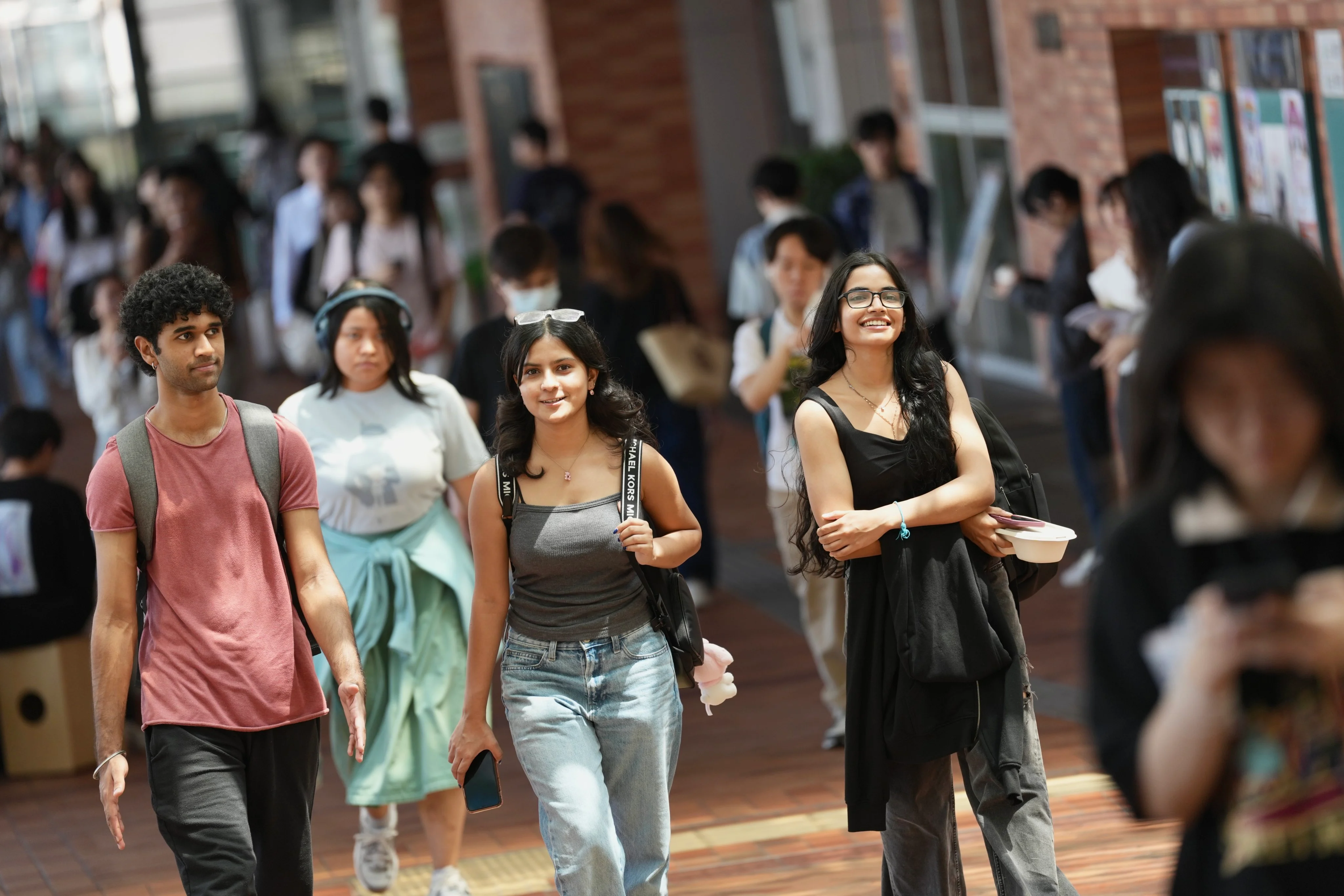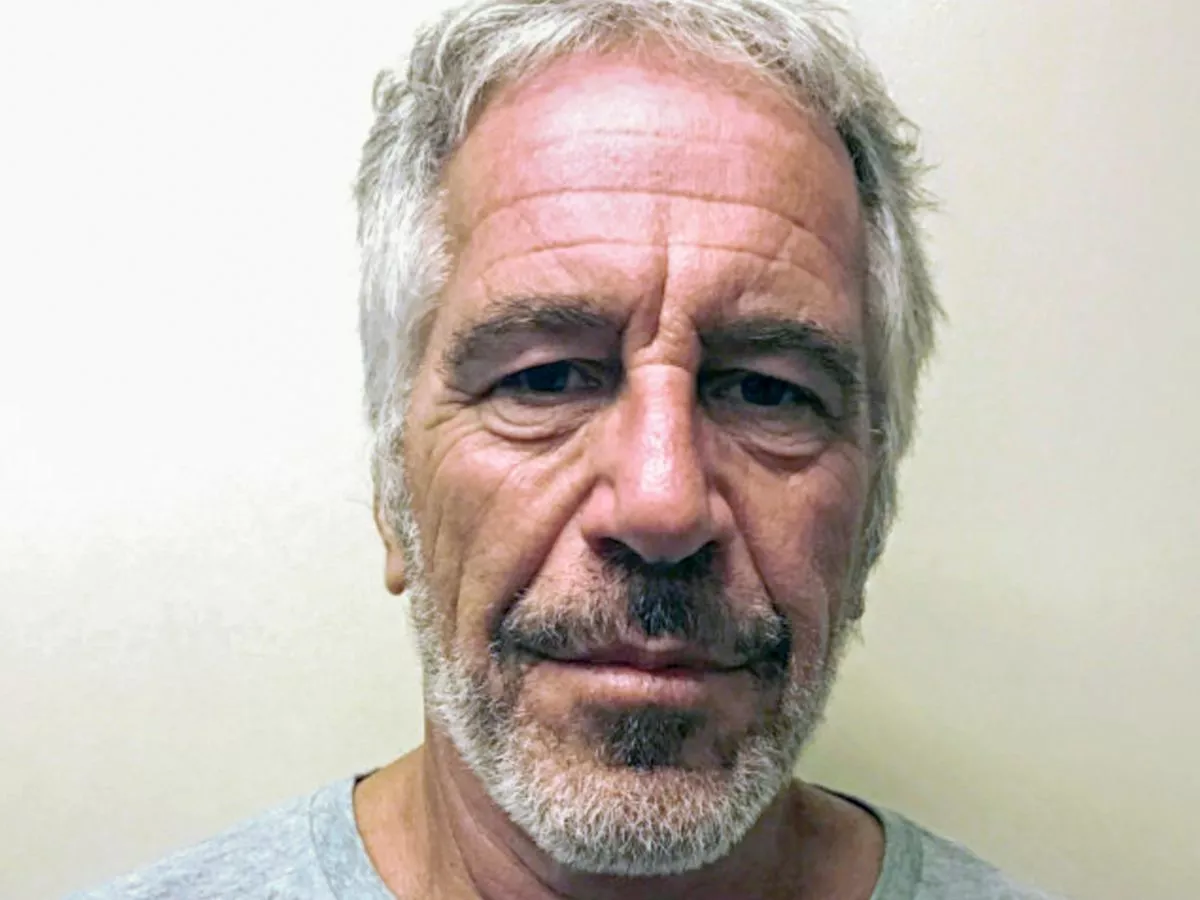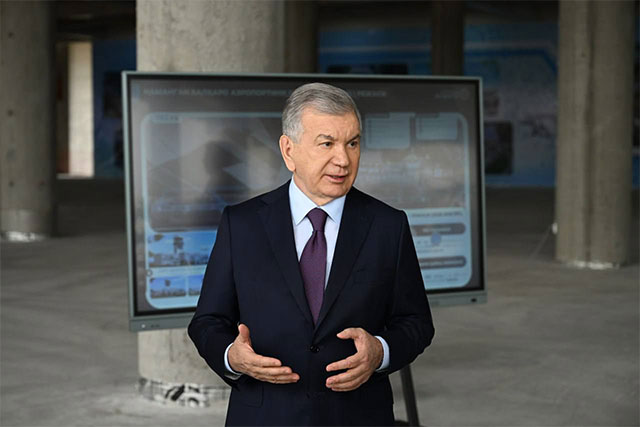By Matthew Cheng
Copyright scmp

Hong Kong authorities have reached out to diplomats and foreign chambers to attract more overseas students, especially those from belt and road countries, in a bid to diversify local campuses, as the city further increases non-local undergraduate quotas at its universities.
Chief Executive John Lee Ka-chiu on Friday also said that the government would work on reducing costs “carefully” and “progressively” to ensure the city’s economic competitiveness and market stability.
During his policy address on Wednesday, Lee announced that the enrolment ceiling for non-local undergraduate students would be increased from 40 per cent to 50 per cent, starting in the next academic year.
In 2024-25, 17,161 non-local students attended Hong Kong’s eight publicly funded universities, with 12,386 of them, or 72 per cent, from mainland China.
Speaking on a radio programme on Friday, Lee pledged to attract students “as widely as possible” from different parts of the world, especially from countries of the Belt and Road Initiative.
“One thing I am doing very consciously is to encourage students from belt and road countries to come to Hong Kong, and this seems to be very popular [among them],” he said.
“I have been talking to consuls general, and also chambers from different parts of the world, to tell them about this new policy that we have more places to offer to overseas students.”
But student recruitment was something universities had to work on, Lee added.
The city leader first announced in his policy blueprint two years ago that the enrolment cap for non-local students at Hong Kong’s eight public universities would be doubled from 20 per cent to 40 per cent, starting in 2024-25.
Data from the University Grants Committee showed that 5,582 non-local, first-year students were admitted into local universities that school year, marking a 48 per cent increase from the year before. Among them, 74 per cent were mainland students, up from 71 per cent the year before.
Lee on Friday attributed the trend to the city’s proximity to the mainland.
“A lot of them actually used to study in other countries, but somehow choose to study in Hong Kong now,” he noted.
Lee reiterated that overseas students were self-funded, and that the current 15,000 funded places for first-year local undergraduates pursuing their first degree would remain unchanged.
He said he believed local students yearned to meet peers from abroad, as they opened their eyes to foreign cultures and helped them establish new networks.
During the phone-in programme, a caller who worked at a university also raised concerns about inadequate student hostels, which had driven overseas students to rent private flats and face increased living costs.
The city leader said university campuses had the capacity to accommodate more students but conceded the supply of dormitories was something that the government had to “work harder on” and pledged to do.
Lee highlighted the new measures in his latest policy blueprint that aimed to boost hostel supply, including by converting redeveloped commercial buildings and earmarking commercial or other sites for the construction of new dormitories.
Another caller, meanwhile, urged the government to address the city’s high living and business costs, including in transport, medical care, legal fees and property management fees.
Lee admitted the city suffered from high living costs and land prices, but pointed out that the government faced challenges in balancing market stability; that is, it had to protect the local labour force while curbing rising costs.
“Stability and certainty are important, so while I will work on reducing costs, which is a key factor for competitiveness, we will have to do it very carefully, progressively,” he said.
The Chief Executive’s Policy Unit would study the issue, Lee added.



